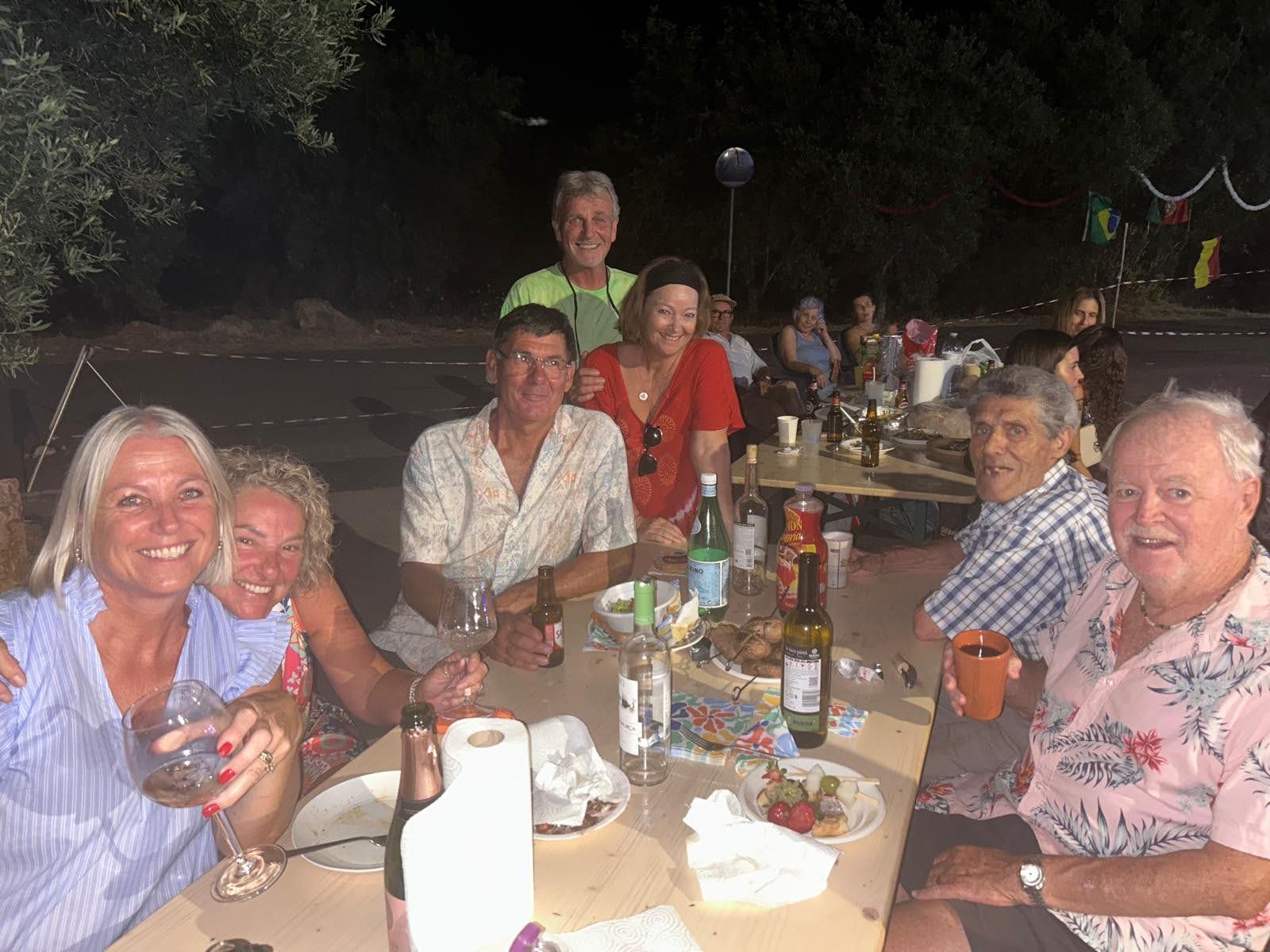Most readers will have never heard of Palmeiros – and don’t get it mixed up with a well-known golf course with a similar-sounding name. According to Google it doesn’t exist, but you might find it as a dot on some maps. Yet there is evidence that this dead-end hamlet, near the country town of Salir, north of Loulé, has been around since Roman times.
Today, it comprises a couple of dozen dwellings occupied by its permanent population and another few used as holiday homes, all accommodating a multitude of nationalities. Its occupants range from traditional locals who grow their own vegetables and rear chickens as their families have for generations, to high-flying execs who jet in for the weekend. There are no shops, bars or restaurants; there’s not even a church – but there is spirit.

This became apparent at the commemoration of "Santos Populares", the three saints whose remembrance days are celebrated in June. Some of the locals unintentionally turned the occasion into an experiment in social integration . . . oh, and fun!
It started during the spring festival of Espiga which has put nearby Salir firmly on the map of Portugal and is now becoming recognised internationally. A handful of Palmeiros locals were putting a festive float together in the village street when some expat residents came along to help. One thing led to another and, naturally, it wasn’t long before a few cervejas and vinhos were consumed. In the process, they suggested that it was about time a first-ever village street party was arranged. And a month later it happened.
The progressive president of Salir, Francisco Rodrigues, lent the support of the parish council and road-closure equipment, tables and benches were provided. Notices sprang up and the recently-formed Palmeiros online group soon had it out on the world’s networks.
On the night, a mix of locals and expatriate residents arrived bringing drinks and food for barbequing. Most of this was shared with everyone else. The amazing thing was that many of those present knew few of their neighbours; yet people who had hitherto been on just nodding or ‘bom dia’ terms with others were suddenly found sharing bottles of wine together. The conversation went around in Portuguese, English and French (at various levels of fluency!) and then the dancing started.
The overwhelming common agreement afterwards was how successful an unintended experiment bringing together different nationalities had been and, more importantly, how we must do it again. Palmeiros is no longer a dot on a map – it’s now a vibrant community.















